Kashmir separatists reject Indian PM's autonomy offer
"Our struggle is not for restoration of autonomy." said Mirwaiz Umar Farooq.
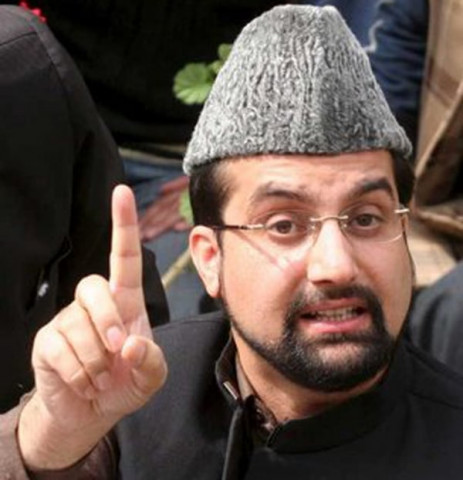
Appealing to Kashmiri Muslims to "give peace a chance", Singh had said Tuesday that his government would consider any consensus proposal for autonomy as long as it remained "within the ambit" of the constitution.
He also announced the creation of a panel of experts that would draw up a "jobs plan" for Indian Kashmir where rampant unemployment -- especially among young people -- has fuelled resentment against Indian rule.
But senior Kashmir separatists rejected Singh's initiative. "Our fight is for independence, not autonomy," Javed Mir, a former militant commander turned separatist politician, told AFP. "We will continue our fight for our goal through peaceful protests," said Mir, who had been among the first Kashmiris to take up arms in 1989 when frustration against Indian rule boiled over into a full-blown insurgency.
Under the terms of its accession to India in 1947 -- after independence from Britain and the sub-continent's division -- Kashmir was granted a relatively high degree of autonomy, excluding areas like defence and foreign affairs. But those powers have been eroded over the years, and renewed promises of greater autonomy gain little traction in separatist circles.
"Our struggle is not for restoration of autonomy. It is to seek our right to self-determination," Mirwaiz Umar Farooq, an influential moderate separatist and Muslim cleric, told AFP. "We should be allowed to decide whether we want to remain with India, accede to Pakistan or carve out an independent state," he said.
The Kashmir legislative assembly in 2000 passed a resolution favouring full restoration of the state's autonomy, but it was rejected by the then Hindu-nationalist government in New Delhi. Autonomy is the main demand of the ruling National Conference, the state's biggest pro-India political party.

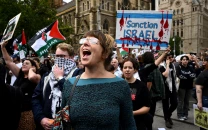
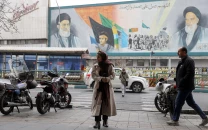
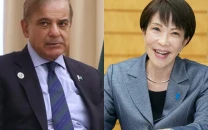
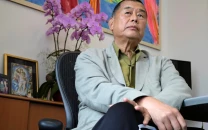

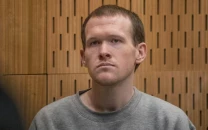











COMMENTS
Comments are moderated and generally will be posted if they are on-topic and not abusive.
For more information, please see our Comments FAQ